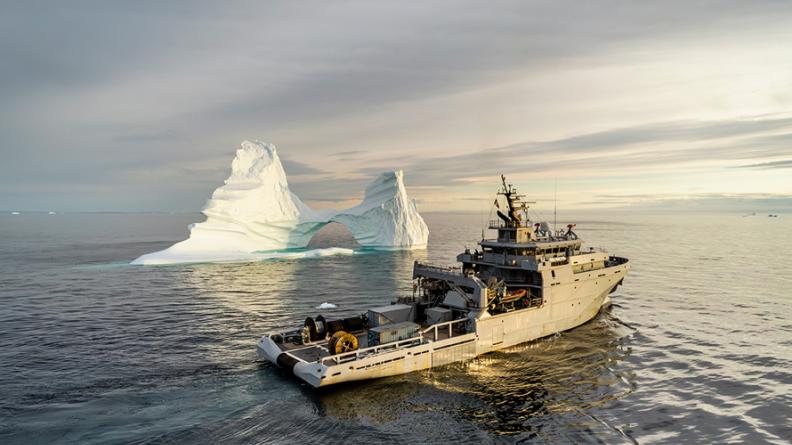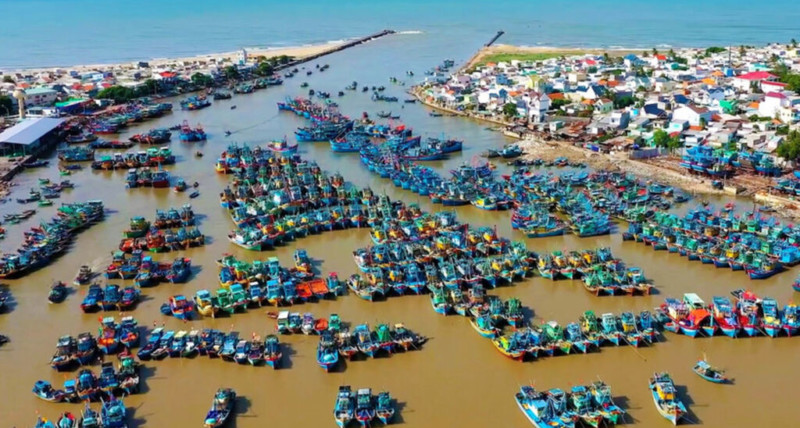For decades governed by multilateral cooperation, the Arctic is now facing growing ambitions from global powers. The return of war in Europe and new commercial opportunities raise concerns about potential confrontations. In response, France unveils its new defense strategy for the region, aiming to ensure regional stability and preserve its capacity for action.
The Arctic, a zone marked by isolation and extreme weather conditions, has become a major strategic issue for France and the world. Rich in natural resources—oil, natural gas, rare earth elements—the Arctic attracts increasing interest. Climate change accelerates ice melt, opening new shipping routes like the Northeast Passage, which could reduce travel time between Europe and Asia by nearly 40%. These economic opportunities have heightened geopolitical tensions. Russia’s 2022 invasion of Ukraine has reactivated great-power rivalries and ended the “Arctic exception” that prevailed until then. Since Finland (2023) and Sweden (2024) joined NATO, seven of the eight Arctic coastal states are now NATO members. This strategic shift reinforces the Arctic’s role in Euro-Atlantic security and intensifies competition, militarization, and efforts to secure critical resources.
In this context, France must strengthen its military presence and capabilities in the Arctic. The objectives are clear: enable the armed forces to deploy effectively in the region; uphold France’s international responsibilities as a permanent UN Security Council member, NATO ally, and EU member; and secure France’s and the EU’s energy and mineral supplies. France’s Arctic defense strategy therefore aims to preserve freedom of action and influence while contributing to regional stability.
To achieve these goals, France relies on three strategic pillars. The first, positioning, focuses on enhancing France’s legitimacy in the region. This involves active participation in Arctic forums and highlighting the actions of the French military. Strengthened interministerial coordination will ensure coherent French action, while mastery of the Arctic environment will be increased through intelligence and environmental data collection. This is especially crucial for the oceanic component of nuclear deterrence. Targeted deployments will continue to build operational experience and interoperability.
The second pillar, cooperation, involves developing bilateral partnerships with Arctic countries. Interoperability with NATO allies will be strengthened through joint exercises and capability synergies. France will also seek partnerships with EU regional actors on the ground to promote information exchange and logistical support.
Finally, the third pillar, capability development, aims to equip the forces with systems adapted to the Arctic’s extreme conditions. France will invest in specific technologies, either through design or by adapting existing systems. The Arctic space domain will also be developed, with satellites suited for high latitudes and ground relay stations. This strategy will enable France to monitor the region effectively and respond to security and environmental challenges.
On this polar chessboard, France strives to be a clear voice amid the growing ambitions of the Arctic states. A historical player in the region, France seeks to preserve its freedom of action and secure energy supply routes to Europe.




